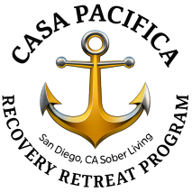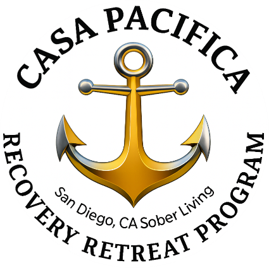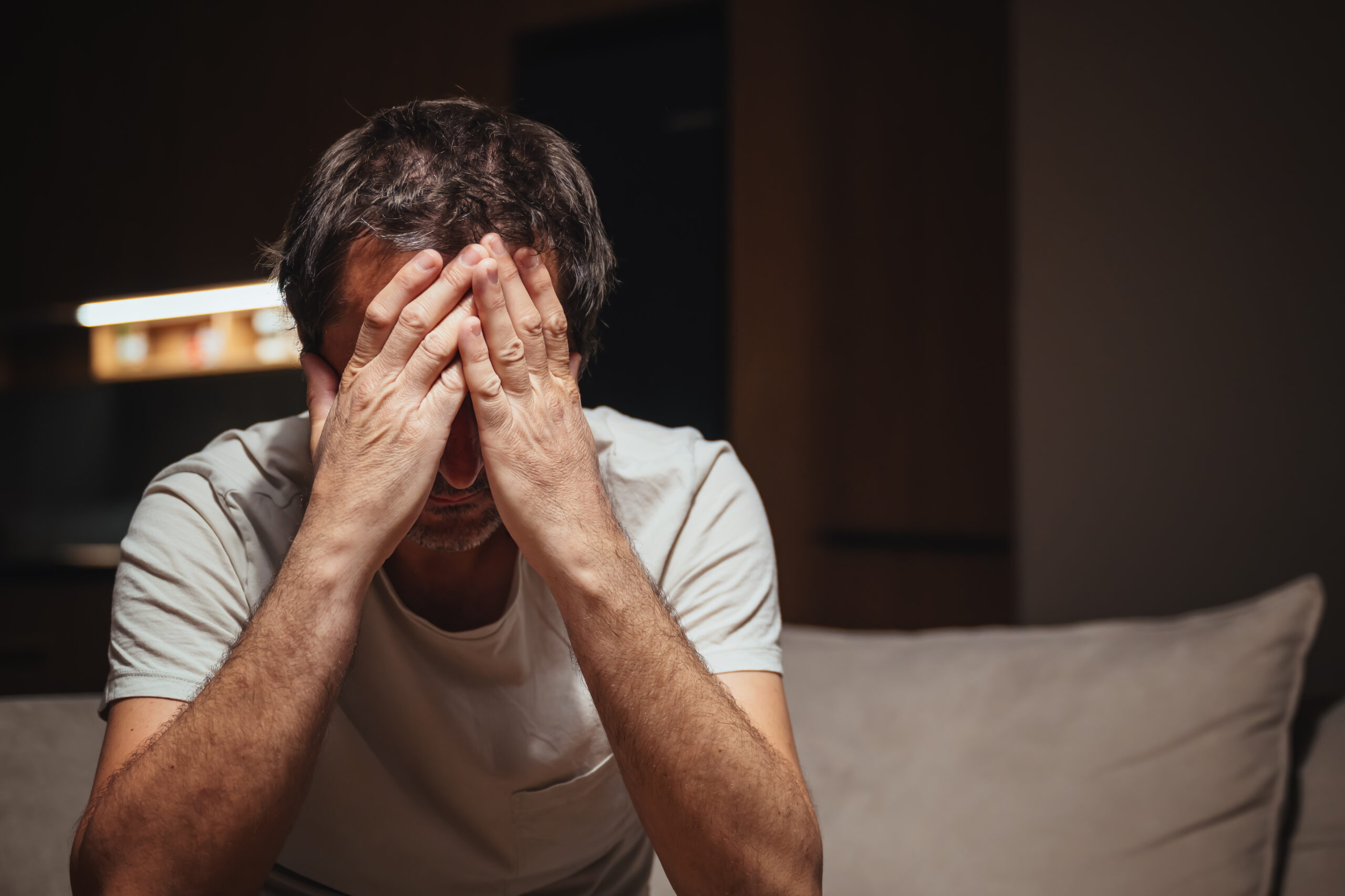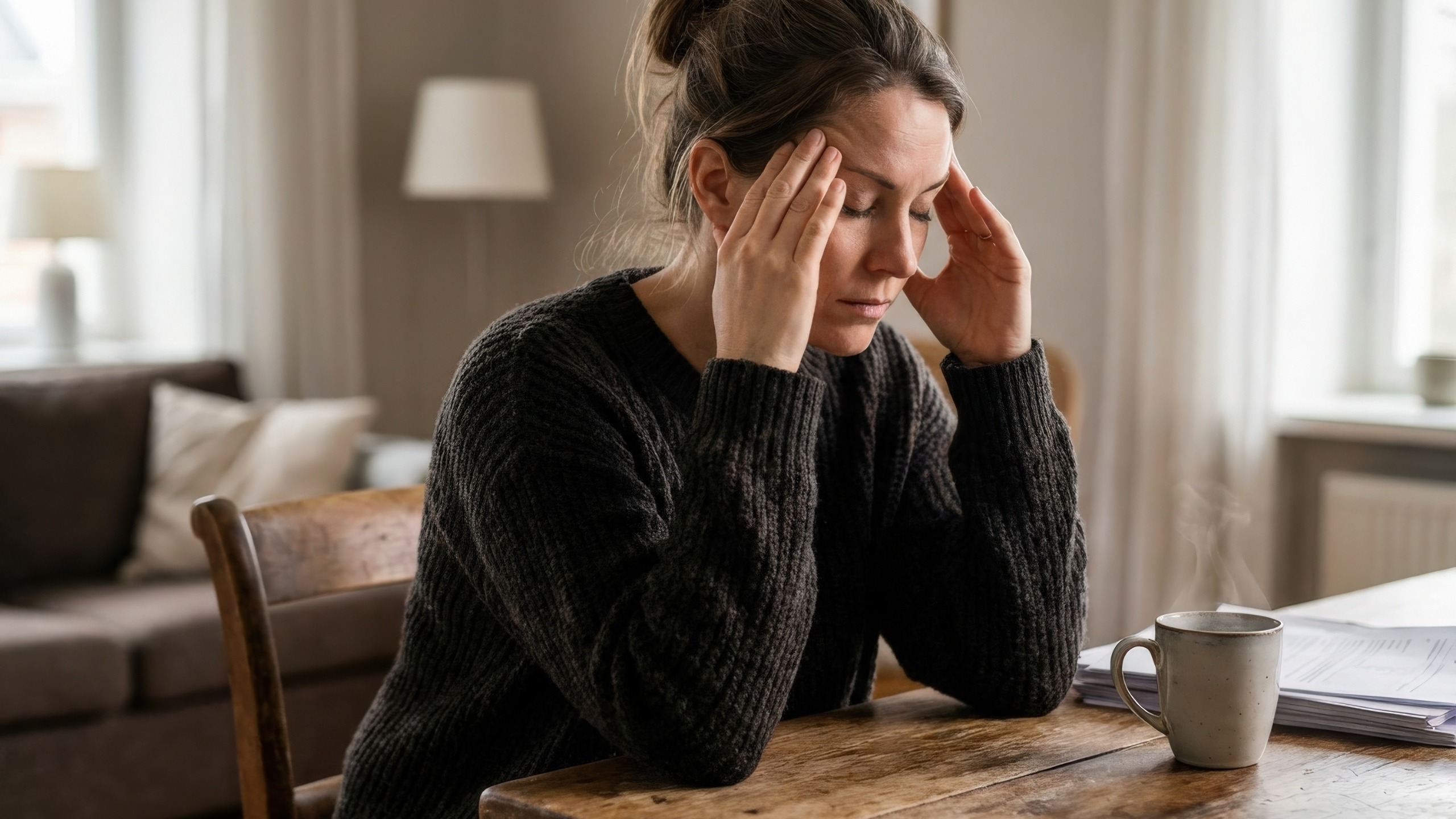Top Strategies for Preventing Relapse in Addiction Recovery
Table of Content
- 1 Preventing Relapse as a Practical Aspect of Recovery
- 2 Strategies for Relapse Prevention
- 3 Managing Triggers
- 4 Stress Management and Emotional Regulation
- 5 HALT Checks
- 6 Building a Strong Support Network
- 7 If a Slip Happens Turning It Into a Learning Moment
- 8 Lifelong Recovery The Commitment That Changes Everything
In July 2025, singer AJ McLean of the Backstreet Boys gave a candid interview to Fox News about celebrating four years of living in “straight sobriety.” The founding member of the most successful boy band of all time was in and out of rehab for two decades. He calls himself a “chronic relapser” whose journey to recovery hasn’t followed a straight path. Although McLean went through more lapse episodes than full relapse crises, he acknowledges having dodged many bullets along the way. He hasn’t been to prison or arrested for driving under the influence, and he’s now focused on achieving sobriety through relapse prevention.
Preventing Relapse as a Practical Aspect of Recovery
Recovery journeys have a variety of different aspects. The 12 step program of Alcoholics Anonymous, for example, has strong spiritual and emotional aspects. Detoxification and rehabilitation are clinical aspects. Sober living homes are part of a more practical aspect of the recovery journey. All aspects share a common factor in preventing relapse. AJ McLean strongly believes in working to avoid lapsing or relapsing as the key to completing his journey. This is a straightforward and highly practical approach to recovery. It boils down to savoring each day you didn’t get drunk or high.
Strategies for Relapse Prevention
Detoxification and rehabilitation centers prevent relapse through direct enforcement. When you’re discharged from rehab, you may enter a sober living home or continue your recovery through an outpatient program. A facility like a Solana Beach sober living home provides a structured environment that substantially reduces relapse risks. In outpatient programs, the strategies are largely behavioral, and it’s up to you to make them practical.
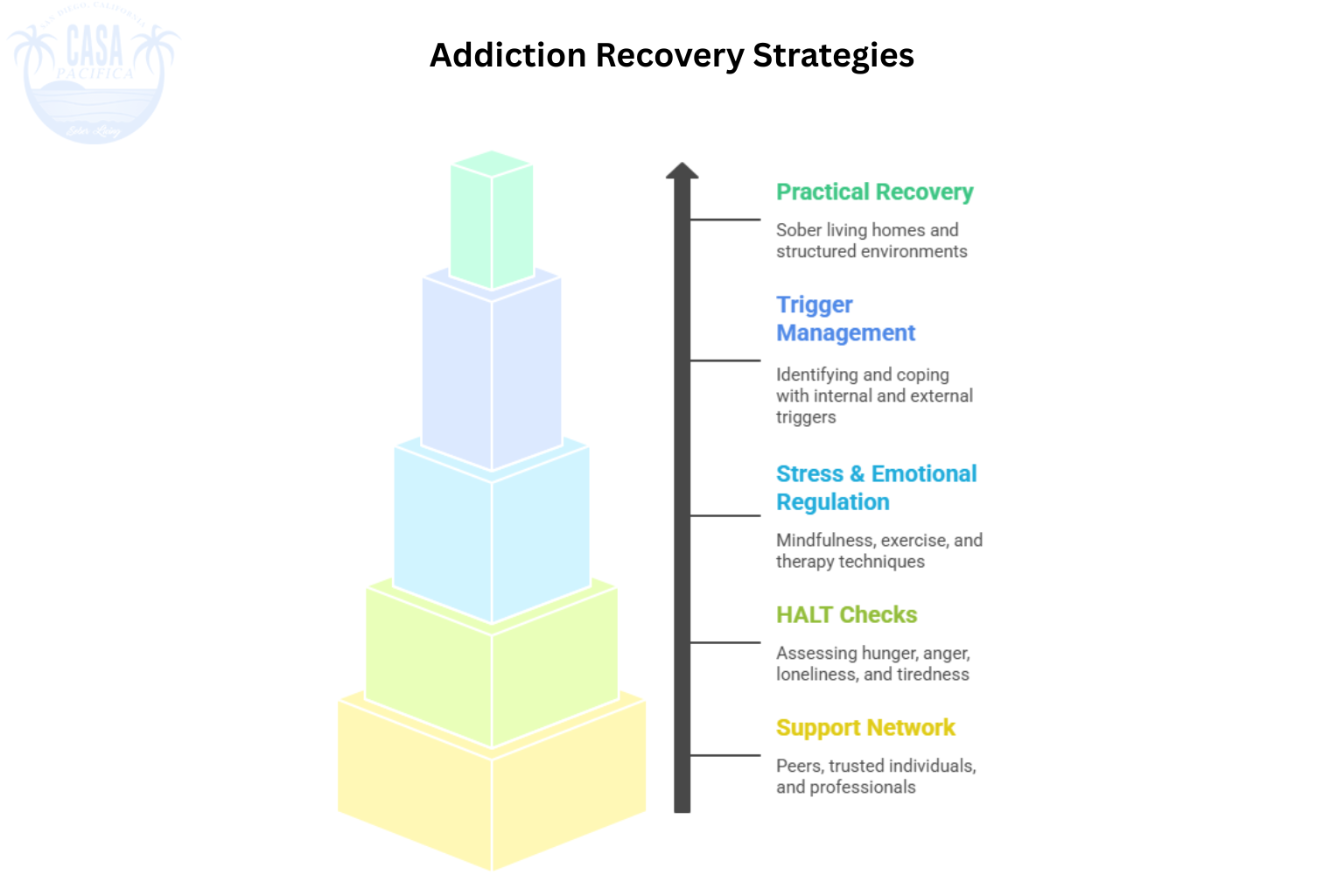
Managing Triggers
Recognizing and managing triggers is one of the most important skills in long term sobriety. Triggers can arise suddenly, quietly, or in familiar patterns, and learning to respond rather than react is essential. Internal triggers include thoughts, emotions, memories, sensations, or mental images that create a craving or an urge to escape. These might come from stress, self doubt, fear, excitement, boredom, or even positive emotions that once led to using. External triggers are the people, places, situations, or environments tied to your history of substance use an old bar, a neighborhood, a certain time of day, or specific individuals.
Rather than avoiding these triggers forever, healthy recovery involves understanding them, anticipating them, and developing a toolbox of responses that help you stay grounded. When you acknowledge a trigger for what it is a warning sign, not a command you begin to take back your power. Over time, the act of identifying and managing triggers becomes a practiced skill, something that strengthens your confidence and creates emotional freedom. Instead of being caught off guard, you become aware, prepared, and resilient.
Stress Management and Emotional Regulation
Stress and emotional overwhelm are two of the most common drivers of relapse. Without healthy coping skills, even small stressors can feel unmanageable, making escape through substances seem appealing. Learning to regulate emotions is therefore essential. Stress management begins with building awareness noticing when your body tightens, when your thoughts spiral, or when you feel overstimulated. Incorporating grounding practices such as deep breathing, mindfulness, stretching, movement, or simple moments of stillness can help reset the nervous system before stress builds to an unmanageable level.
Emotional regulation is a skill that grows with practice and support. Counseling, talk therapy, and cognitive behavioral therapy (CBT) help individuals understand the patterns behind their reactions, challenge the beliefs that drive them, and replace impulsive responses with intentional ones. These tools help you slow down, evaluate what you’re feeling, and choose a healthier response. Over time, you learn to tolerate discomfort, navigate conflict, process grief, and manage difficult emotions without relying on substances. The goal is not to eliminate stress, but to strengthen your ability to move through it with clarity and stability.
HALT Checks
The HALT method Hungry, Angry, Lonely, Tired is one of the most practical and effective tools for preventing relapse. These four states significantly increase vulnerability because they impact judgment, emotional balance, and impulse control. When you feel any combination of hungry, angry, lonely, or tired, everyday frustrations can become overwhelming, and cravings can intensify. HALT encourages you to pause, check in with yourself, and address the unmet need before it becomes a trigger.
A HALT check brings awareness back to the basics of self care: eating a balanced meal, talking through anger, reaching out to someone for support, taking a nap, or slowing down to rest. These small adjustments can interrupt the momentum toward craving or relapse, giving you space to reset. Over time, HALT becomes a preventative habit a quick, honest inventory that helps you stay aligned with your recovery and connected to what your body and mind truly need.
Building a Strong Support Network
This practical strategy is highly recommended by addiction recovery professionals. A strong support network should include peers, trusted individuals, and professionals. Your peers at Alcoholics Anonymous and other fellowships will always be there to help you avoid relapse. Trusted individuals may include close friends, relatives, and spiritual leaders. Addiction recovery professionals include therapists, counselors, and sobriety coaches. AJ McLean leans on his bandmates, family members, and counselors whenever he feels weak or vulnerable. This strategy has helped him avoid relapse more than once in the last four years.
If a Slip Happens Turning It Into a Learning Moment
Relapse prevention is not about perfection; it’s about resilience. If you slip or use again, the most important thing is to respond with honesty and action not shame or denial. A moment of use doesn’t have to become a full relapse. Recognize what led to the slip, reach out for help, revisit your plan, adjust your routines, and recommit. Being proactive after a slip protects your recovery and builds strength. The presence of a good support system, accountability partner, mentor, or sober living residence can mean the difference between a slip and a full relapse
Lifelong Recovery The Commitment That Changes Everything
Staying sober for months or years is commendable but lasting recovery is a lifelong commitment. The tools you used early (structure, check ins, routines) become your sustained lifestyle. Emotional growth, community engagement, wellness practices, purpose, habits, and accountability become the everyday fabric of your life. When you shift from simply not using to living well, relapse becomes less about willpower and more about your values, your identity, and the life you protect. Prevention becomes natural because your sobriety is integrated into your living.
If you’re newly sober and you need help with avoiding relapse, call on the compassionate team at Casa Pacifica. Along with providing men’s sober living in San Diego, we work with our individual residents to develop customized plans that integrate treatment, recovery coaching, aftercare, and recovery support. Our services also include interventions, sober companionship, safe transport, and mentorship for those who are recovering from addiction to alcohol and other drugs. For more information about our sober living facilities, call us today.
